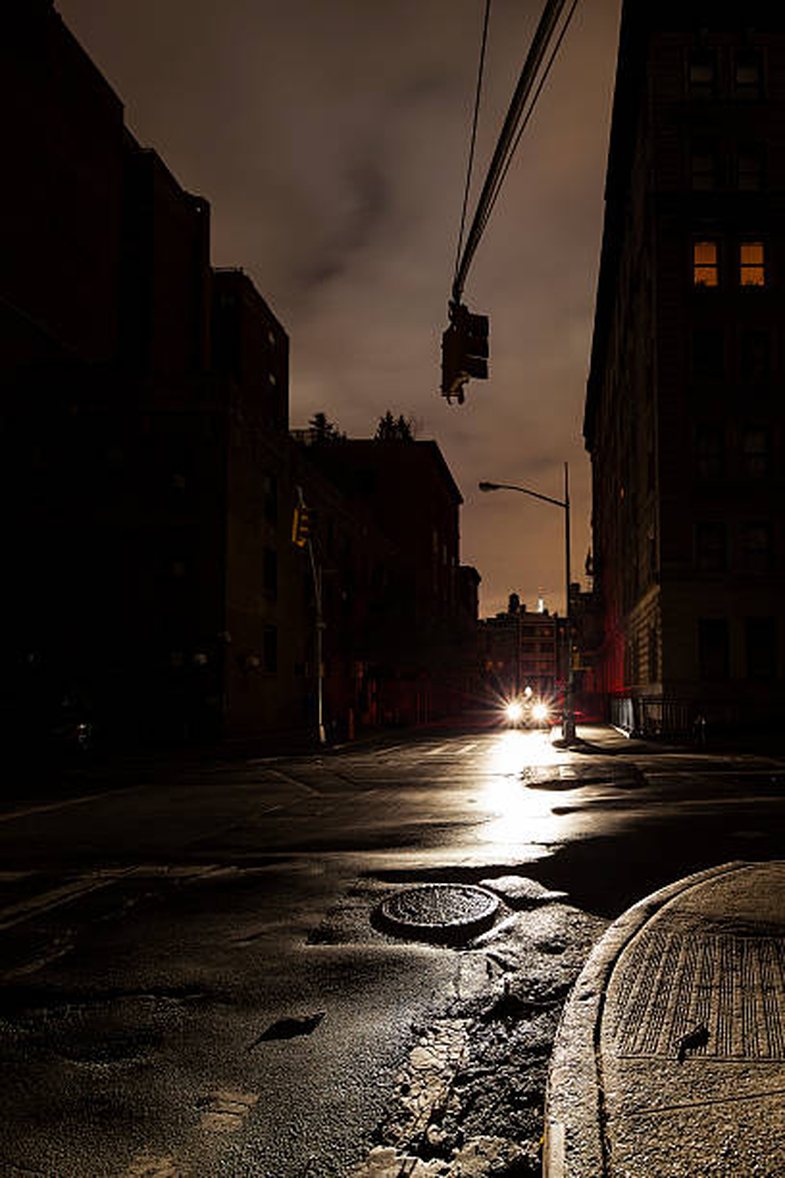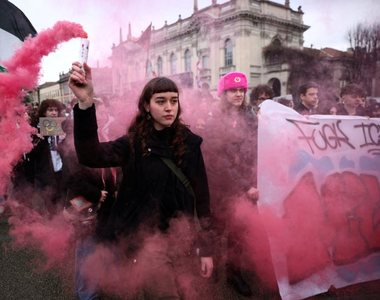
The world's electricity crisis has led many European states to take restrictive energy measures and build new packages with the sole aim of not siphoning off and saving electricity.
The consequences of the crisis are undoubtedly felt in the country. For a few weeks, news has been circulating that after 10 p.m. the country will be cut off from power. How true is that?
During a communication to the media today, Energy and Infrastructure Minister Belinda Balluku clarified to citizens about the new plans and decisions expected to be taken.
Balluku denied the news, saying it is not in the government's plans to cut off power in homes/institutions, etc. after 10 p.m. The only interruption is said to be that of public lighting.
"After 10 p.m. public lighting is required. Germany has applied this and I would say that the application of public lighting, commercial units and everything else happens from 4 p.m. to 10 p.m. Only that interval is allowed to have bright lights, but we are always talking about public facilities. After that moment, the lights go out until the next day, at 4:00 p.m.
Germany has started, other states are applying it. It's part of the energy savings package. We will tomorrow, together with the Prime Minister, make the presentation of the energy package in terms of the 800-k/h band that will begin the application from October 1st, and some other drastic measures that we will have to take next.
Some have been taken as best practices by other European states, some have adapted to our country's demand." - She said.
The minister added that as of October 1st the electricity bill will not be the same for all. If it is currently 9.5 dollars per kilowatt, during the winter the bill will be made of bandages. Which means those who spend more than 800 kilowatts will pay more.
Burimi: Abc News





